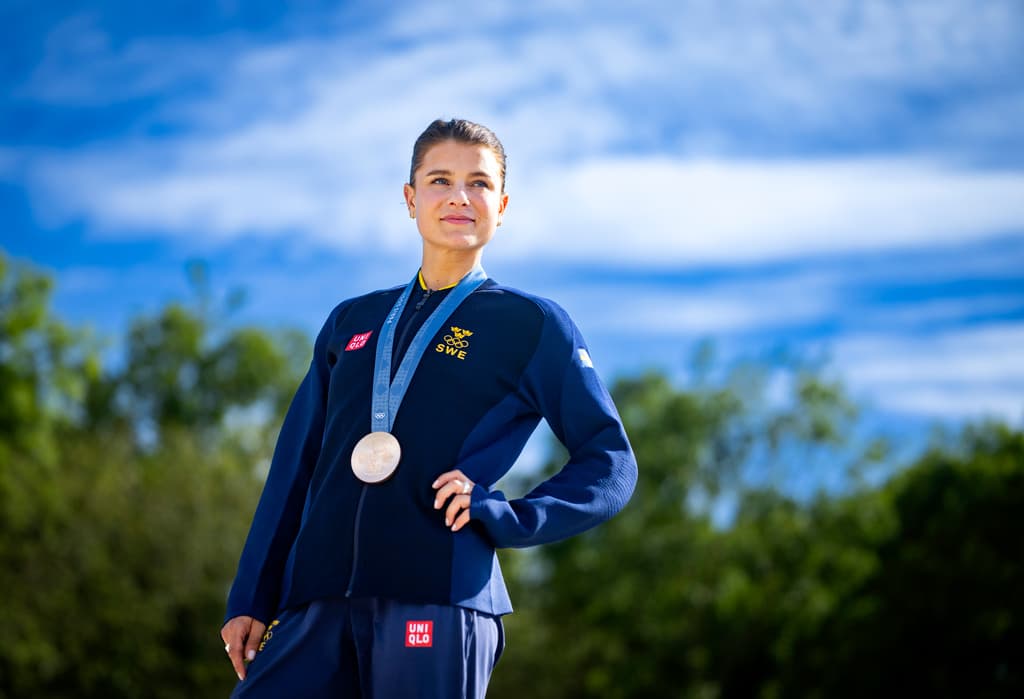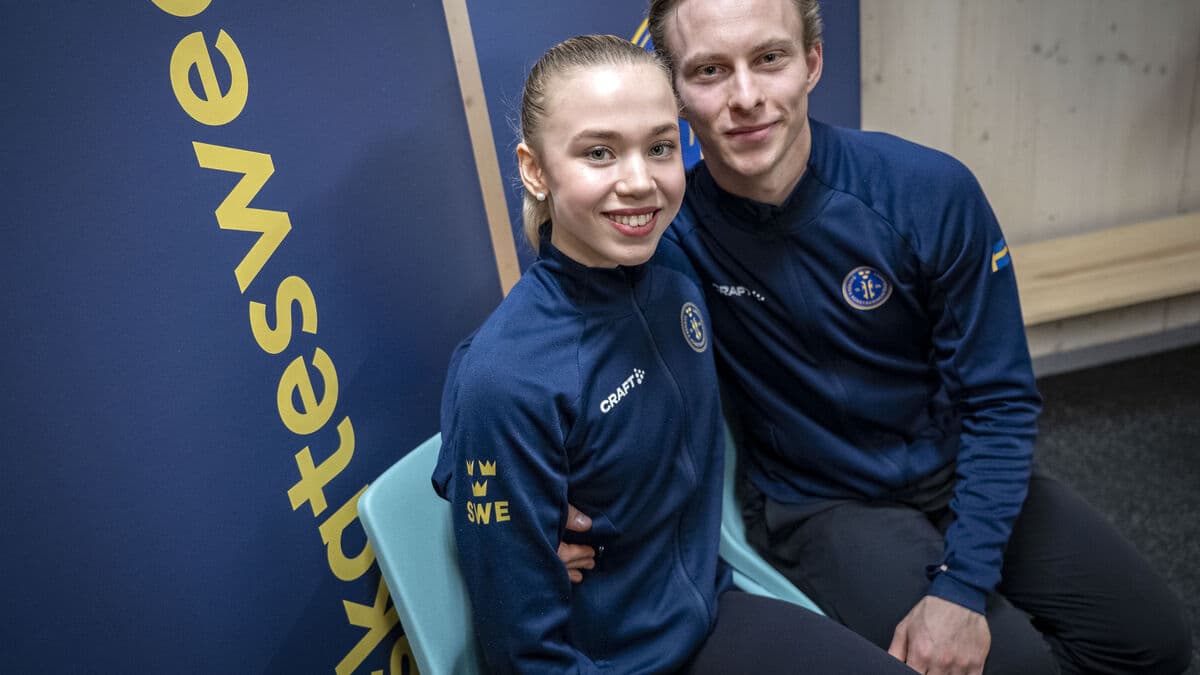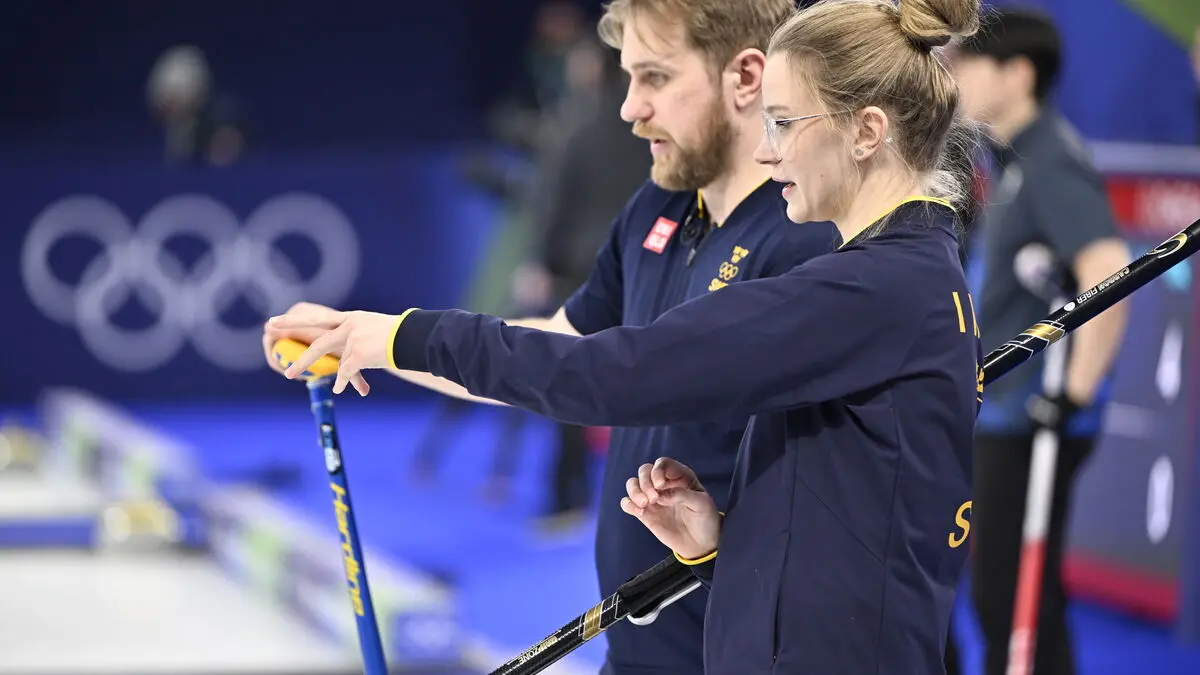Mountain bike star Jenny Rissveds held a passionate speech about mental health after her Olympic Games bronze.
An important voice to break the stigma surrounding the issue, says a sports psychologist.
I've understood that it helps others, just talking about it, says Jenny Rissveds.
Jenny Rissveds struggled with depression, eating disorders, and exhaustion for almost two years. After Sunday's Olympic Games bronze – eight years after the Olympic Games gold in 2016 – the 30-year-old said, among other things:
Talk to people about how you're feeling. There are more people out there who aren't doing well. Getting others' support means a lot.
Rissveds was early open about her problems, and initially, it was a form of "self-therapy", she says.
It was very useful for me and in my process. Then I didn't have such a great interest in being media-focused, because I thought it became too much focus on it when I myself felt good and had moved on, says the 30-year-old after celebrating at Sweden Arena in Paris a few hours after the race.
"Not invincible superheroes"
The star's openness can mean a lot for people with similar problems, says sports psychologist Göran Kenttä, lecturer and researcher at the Gymnastics and Sports University (GIH). Not least for young people who have the stars as idols.
It shows in a very fine way that they are human beings, just like everyone else. Sports stars are not invincible superheroes. I think it's extremely important that you can relate to them in that way, says Göran Kenttä.
Somewhere I think it instills hope that it's possible to come back after a tough, dark journey. To actually feel good and perform well.
Talking about it during her career
In recent years, several superstars have spoken openly about their mental health – in the middle of their careers. Examples include gymnast Simone Biles and tennis player Naomi Osaka.
If you go back just five, six years in time, people talked about this kind of thing only long after they had ended their careers, says Göran Kenttä.
Since she herself feels harmonious and is doing well now, Jenny Rissveds can talk openly about it again.
Can I help someone by just talking about such natural things as how I'm feeling, it doesn't require much of me.
Don't take sports too seriously – that's Jenny Rissveds' tip to all young people.
Let it be fun and let yourself have fun when you're doing sports. Then it won't always be fun or easy. You won't always feel good, but that's life in general too, says the Olympic Games bronze medalist.






